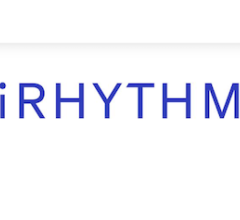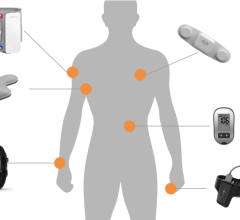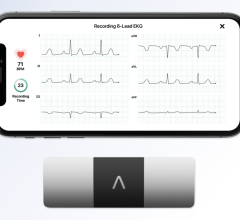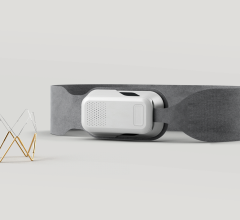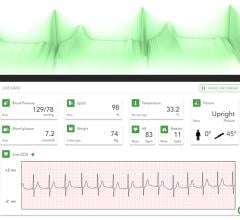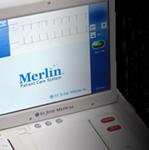
April 27, 2009 - St. Jude Medical Inc. today announced European CE mark approval of its Merlin.net Patient Care Network (PCN), a secure, Internet-based remote care system that gathers and stores data from the implant procedure, a clinic follow-up visit or from remote follow-up transmissions of patients with implanted cardiac devices.
The company said the system includes a range of features designed to improve clinic efficiency and to enhance patient care by giving physicians better and more immediate access to information. With its open architecture and standards-based interface, Merlin.net PCN can be fully integrated with all standard electronic health record (EHR) systems in hospital or clinic settings, St. Jude said.
Until recently, the only way for physicians to check on a patients’ device was for a patient to come to their clinic in person. Now, information from a patient’s implanted device can be transmitted remotely from a patient’s home. St. Jude Medical patients with compatible devices can use the Merlin@home transmitter to send data directly from their devices to Merlin.net PCN. Physicians can even use Merlin.net PCN to schedule the remote follow-up to take place at night, while the patient is sleeping.
Remote monitoring provides daily checks on the patient’s device. If the check reveals an event that may require timely intervention, an alert will be posted on Merlin.net PCN and transmitted to the physician via e-mail, fax or SMS text. Merlin.net PCN offers a set of flexible tools that allow the physician to choose when, where and how alerts are communicated during off-clinic hours, including the transfer of alerts to after hours support services. Alert-triggering events are not restricted to device performance, but also include clinical episodes such as atrial tachycardia (AT), atrial fibrillation (AF), and ST segment change notifications for remote disease management.
A key feature of Merlin.net PCN is DirectCall Message, an automated calling system that the clinic staff can use to call patients with up to four pre-recorded messages in any of approximately 20 languages. The system can be used to remind patients of an up-coming scheduled follow-up, notify them that they have missed a scheduled follow-up, inform them that their remote transmission has been received and everything looks normal, or ask them to call the clinic to discuss the results of the follow-up. These are all routine calls that are regularly made by clinic staff. With this new technology, clinics can quickly and efficiently provide information to patients regarding their device status for enhanced assurance.
The company said the system has been adopted widely into clinics and hospitals in the U.S. since it was released in 2008.
For more information: www.sjm.com


 September 16, 2025
September 16, 2025 


